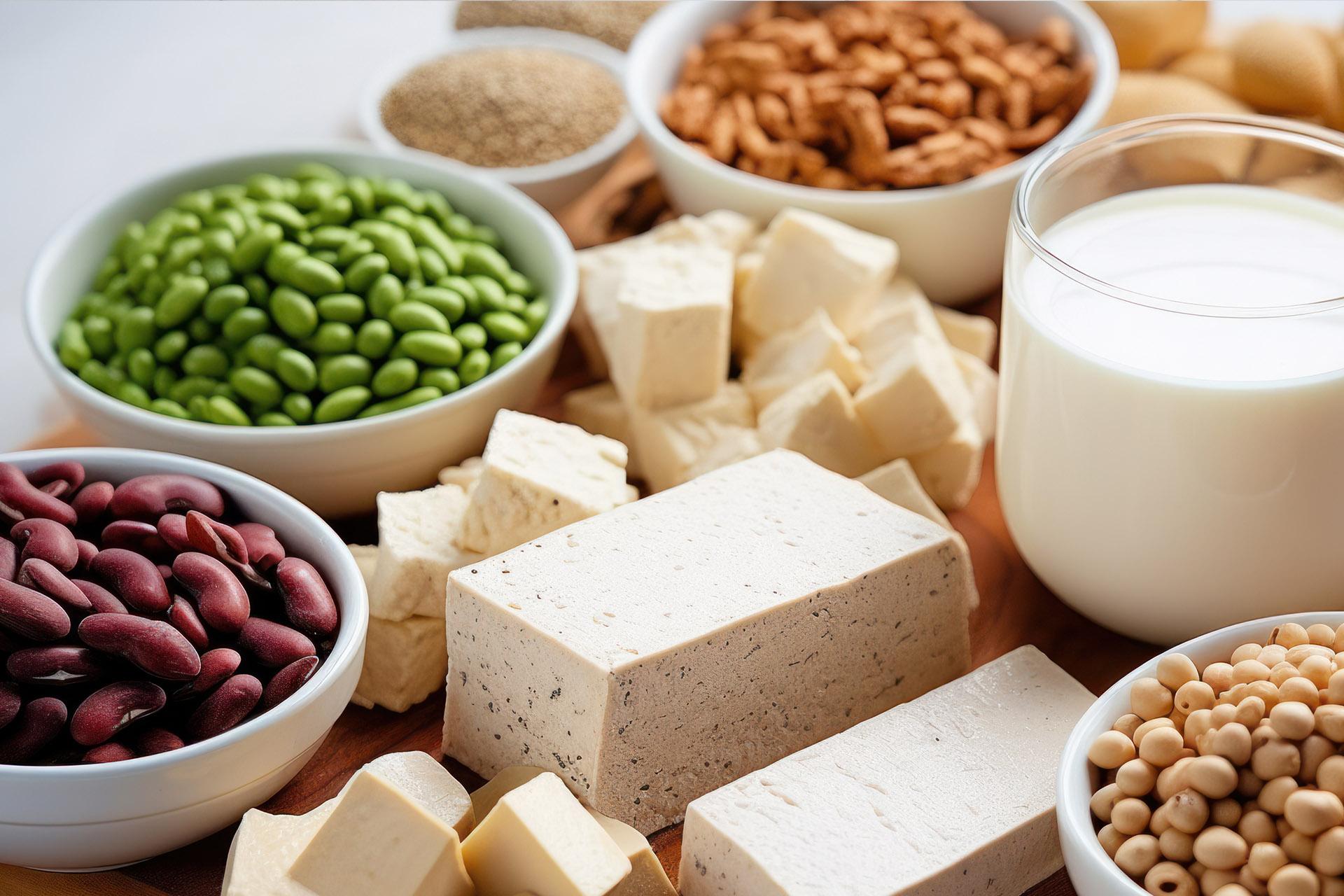
Calcium
Did you
know that we only fill our calcium reservoirs up to the age of 30? After that
age, it is indispensable to include this mineral in our diet since otherwise,
our body will use the calcium we have stored, which may lead to certain disorders
such as osteoporosis.
One of the
main sources of calcium is dairy products, but there are other foods that will
provide you with even more calcium than milk: almonds, sesame, Brussels
sprouts or tofu.
Phosphorus
Phosphorus
is the sixth most abundant mineral in the human body, and 80% of it is found in
the structure of our bones and teeth. As it is essential, it is key to keep
reserves covered. Nuts (almonds and walnuts) and whole grains are some
sources of phosphorus. In addition, these foods are anti-inflammatory, so they
will help you maintain a suitable diet if you suffer from arthritis.
Magnesium
It is
essential for bone mineralization and is involved in the exchange of calcium
and phosphorus between our bones and tissues. Moreover, magnesium is
indispensable for calcium to bind properly and not be deposited in the form of
stones. You can include it in your diet with foods such as oat, soy or
brown rice. You can also take brewer's yeast.
Vitamin D
Vitamin D
is essential as it ensures the absorption of calcium. We normally synthesize
this vitamin when we are exposed to direct sunlight, but we can also obtain it
through diet.
Salmon, sardines, egg yolk and some fish oils, such
as cod liver oil, are good sources of vitamin D.
Activities that will help your locomotive system:
In addition...